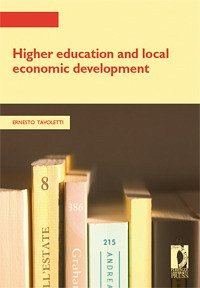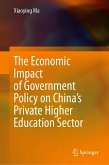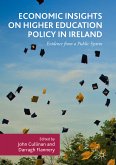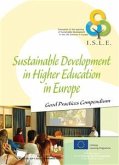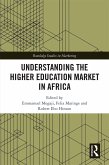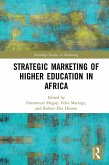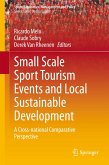It is an intellectual necessity for universities to be open to participation by scholars and students all over the world; despite this, their sources of funding are almost entirely domestic and primarily governmental. The 'downloading of universities from national to regional government means that funding is increasingly even regional or local. Policy makers, firms and students, who are increasingly funding universities, are not interested in the development of academic knowledge: they demand teaching, research and services that are useful for local economic development and employability. As a consequence there is a divergence between the aspirations of universities and their stakeholders' needs. Establishing beneficial relations between universities and their stakeholders is vital for the survival of European districts and clusters of SMEs. The research highlights how critical the dilemma is and suggests a theoretical framework for resolving it, through the introduction of a new model of governance for universities and a new concept of knowledge.Ernesto Tavoletti is Researcher and Aggregate Professor of Economics and Management of Enterprises at Macerata University. He took a PhD in 'Economics and Management of Enterprises and Local Systems' at the University of Florence in 2004. He obtained a postdoctoral research fellowship at Macerata University in 2004 and a permanent research position in the same university in 2006. His research interests include academic entrepreneurship, university spin-offs, university-industry linkages, local economic development, research methodology, international entrepreneurship and international business.

